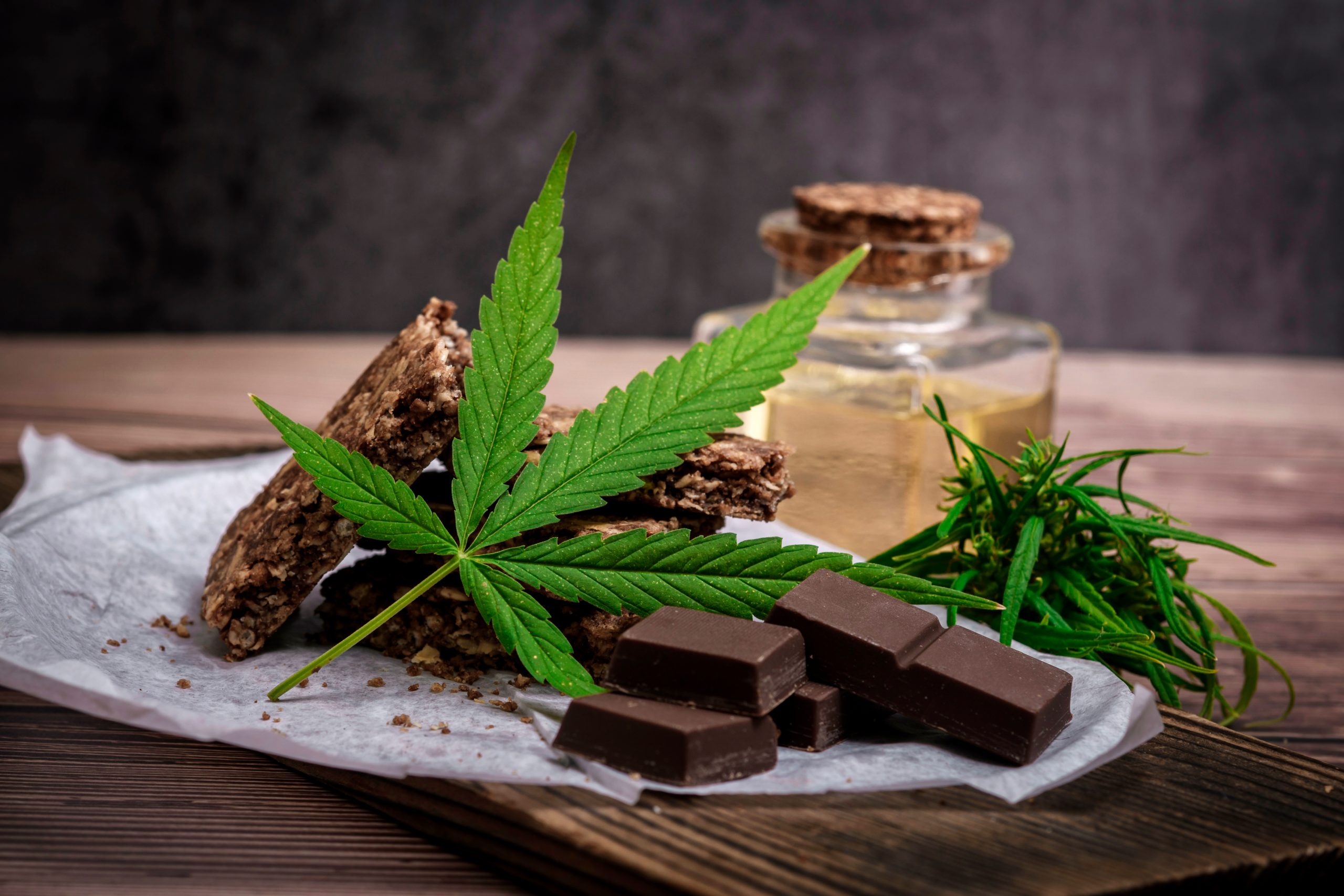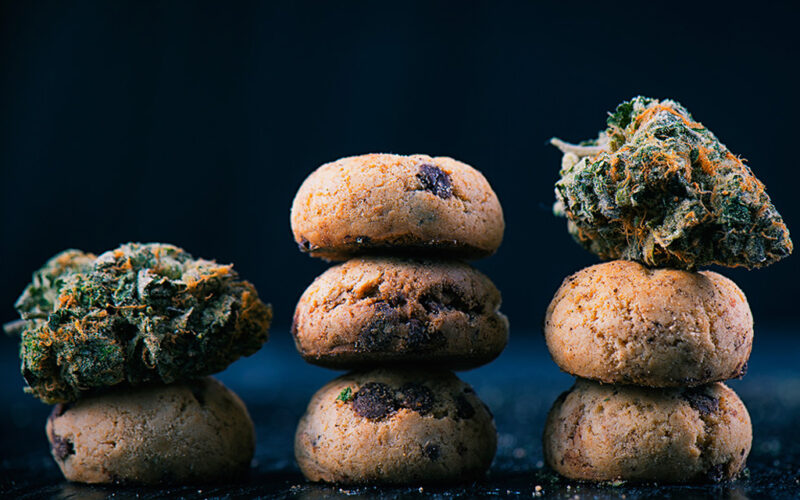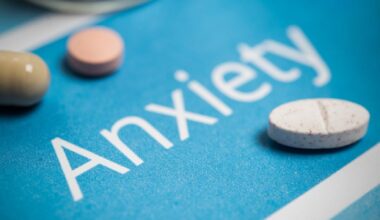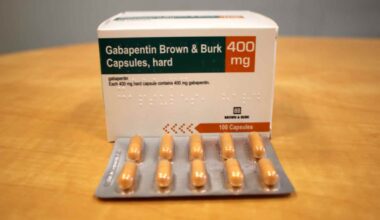In recent years, cannabis-infused edibles have taken the world by storm, offering a tantalizing assortment of treats that combine the pleasure of food with the potential therapeutic benefits of cannabis. From mouthwatering brownies and cookies to gourmet chocolates and fruity gummies, these edible delights have captured the hearts and taste buds of many. However, as the popularity of edibles rises, so do concerns about their impact on body weight and overall health. In this comprehensive article, we’ll delve deeper into the science behind edibles, exploring their effects on appetite, metabolism, and weight gain. Let’s separate fact from fiction and understand whether edibles truly contribute to weight gain or if there’s more to the story.
Read this too; Does Clonazepam Cause Weight Gain?
Understanding Cannabis Edibles
Cannabis edibles are food products infused with cannabinoids, such as tetrahydrocannabinol (THC) and cannabidiol (CBD), extracted from the marijuana or hemp plant. These cannabinoids interact with the body’s endocannabinoid system, which plays a vital role in regulating various physiological processes, including appetite, mood, pain, and sleep.
The Munchies Myth: Fact or Fiction?
One of the most common stereotypes associated with cannabis consumption is the infamous “munchies” effect. This phenomenon describes the experience of increased appetite and cravings for high-calorie snacks after consuming THC. While this effect is real and has been observed in numerous studies, its relationship with weight gain is more nuanced.
Research has shown that THC can stimulate certain brain regions responsible for hunger and reward, leading to heightened food cravings. However, individual responses to the munchies can vary significantly. Some people may find themselves reaching for the nearest bag of chips or indulging in a whole pint of ice cream, while others may not notice a substantial change in their appetite. Moreover, regular users of cannabis may develop tolerance to the munchies effect over time, reducing its impact on their eating habits.
The Caloric Content of Edibles
Weight gain is essentially determined by the balance between the number of calories consumed and the number of calories expended. Like any other food, cannabis edibles contain calories, and their caloric content should be taken into account when evaluating their impact on weight.
Whether it’s a cannabis-infused brownie or a handful of gummy candies, edibles contribute to your overall caloric intake. If individuals incorporate these treats into their diet without adjusting their caloric balance, there is a potential risk of weight gain. Therefore, moderation and mindful consumption of edibles are crucial to avoid excessive calorie intake and its potential impact on body weight.
Metabolism and Body Composition
One intriguing aspect to consider is the potential impact of cannabinoids, particularly CBD, on metabolism and body composition. Preliminary research suggests that CBD may have a positive influence on metabolism by promoting a process known as “fat browning.”
Fat browning involves the conversion of white adipose tissue, which stores excess calories, into brown adipose tissue. Brown fat is more metabolically active, as it burns calories to produce heat. While these findings are promising, it’s important to note that the research is still in its infancy, and more studies are needed to fully understand how CBD affects human metabolism and whether it can significantly impact weight management.
Mindful Consumption and Lifestyle Choices
The relationship between cannabis edibles and weight gain extends beyond the edibles themselves. Individual lifestyle choices and habits play a significant role. Those who consume edibles mindlessly or in large quantities may be at a higher risk of overeating and gaining weight.
On the other hand, responsible consumption and incorporating physical activity into one’s routine can help mitigate potential weight gain. Regular exercise supports a healthy metabolism, overall well-being, and can offset any increase in appetite due to cannabis consumption.
Medical Use of Edibles
It’s essential to differentiate between recreational use and medical use of cannabis edibles. For some individuals, especially those undergoing medical treatments, edibles can provide relief from pain, nausea, and other symptoms. In such cases, the potential benefits might outweigh the risk of temporary appetite stimulation and potential weight gain.
Conclusion

In conclusion, the relationship between cannabis-infused edibles and weight gain is multifaceted. While THC may stimulate appetite in some individuals, the munchies effect varies from person to person. The caloric content of edibles is an important consideration, and moderation is key to preventing weight gain.
Furthermore, the potential effects of CBD on metabolism offer exciting possibilities, but more research is needed to draw definitive conclusions. Responsible consumption, coupled with a healthy lifestyle that includes regular exercise, can help mitigate any potential adverse effects.
As with any health-related concern, it’s always best to consult with a healthcare professional before incorporating cannabis edibles into your routine, especially if you have existing medical conditions or concerns about weight management. Remember that each individual’s response to edibles may differ, so it’s crucial to listen to your body and make informed choices based on your unique needs and circumstances. Enjoy your cannabis-infused treats responsibly and savor the delightful experience they offer!
More interesting articles like this;






